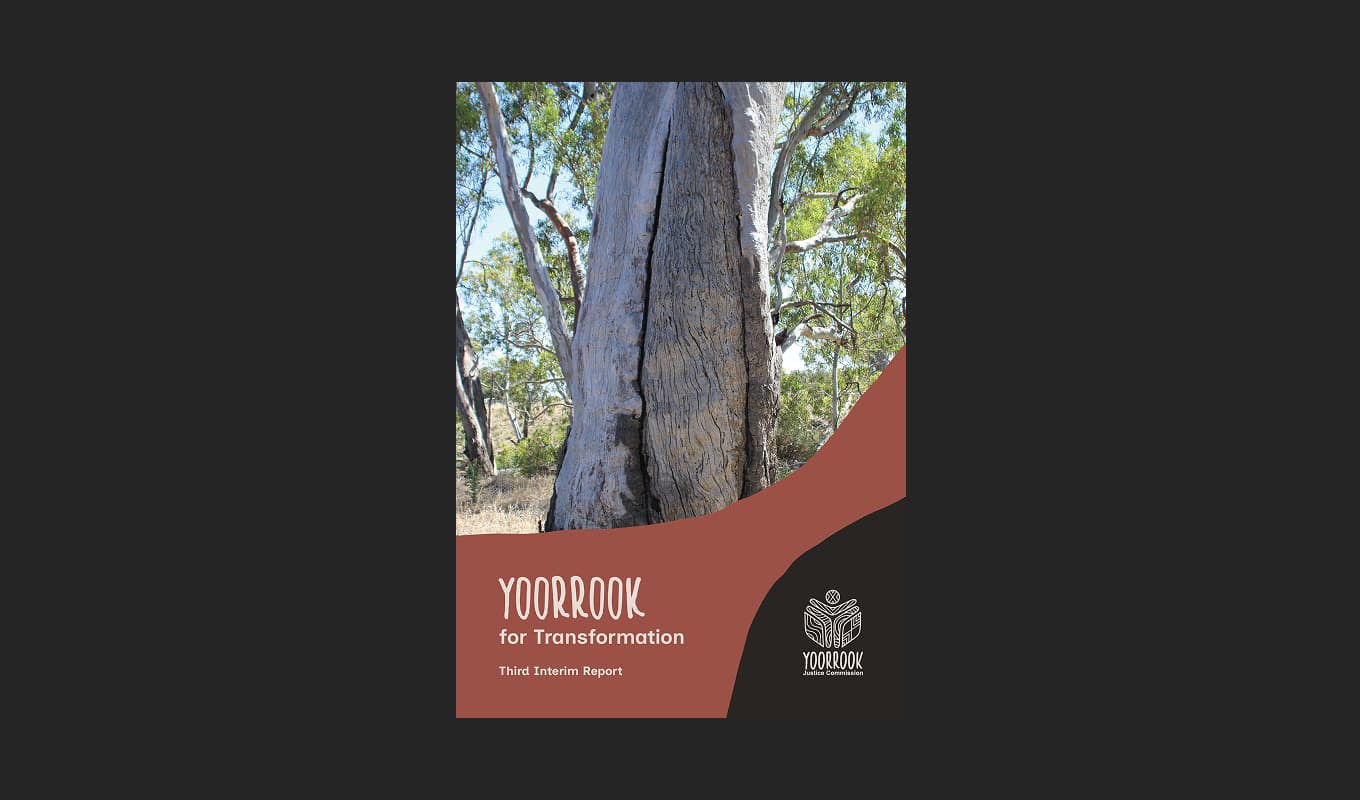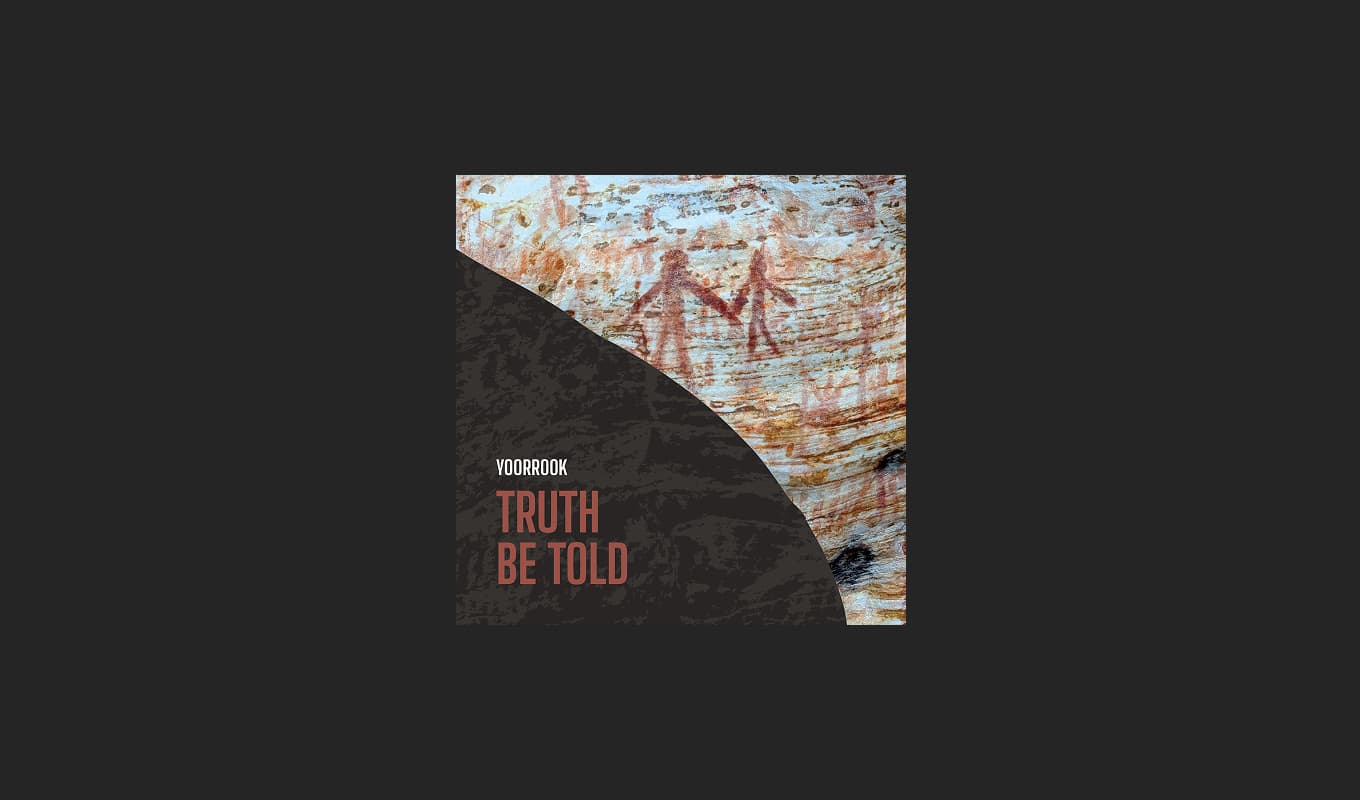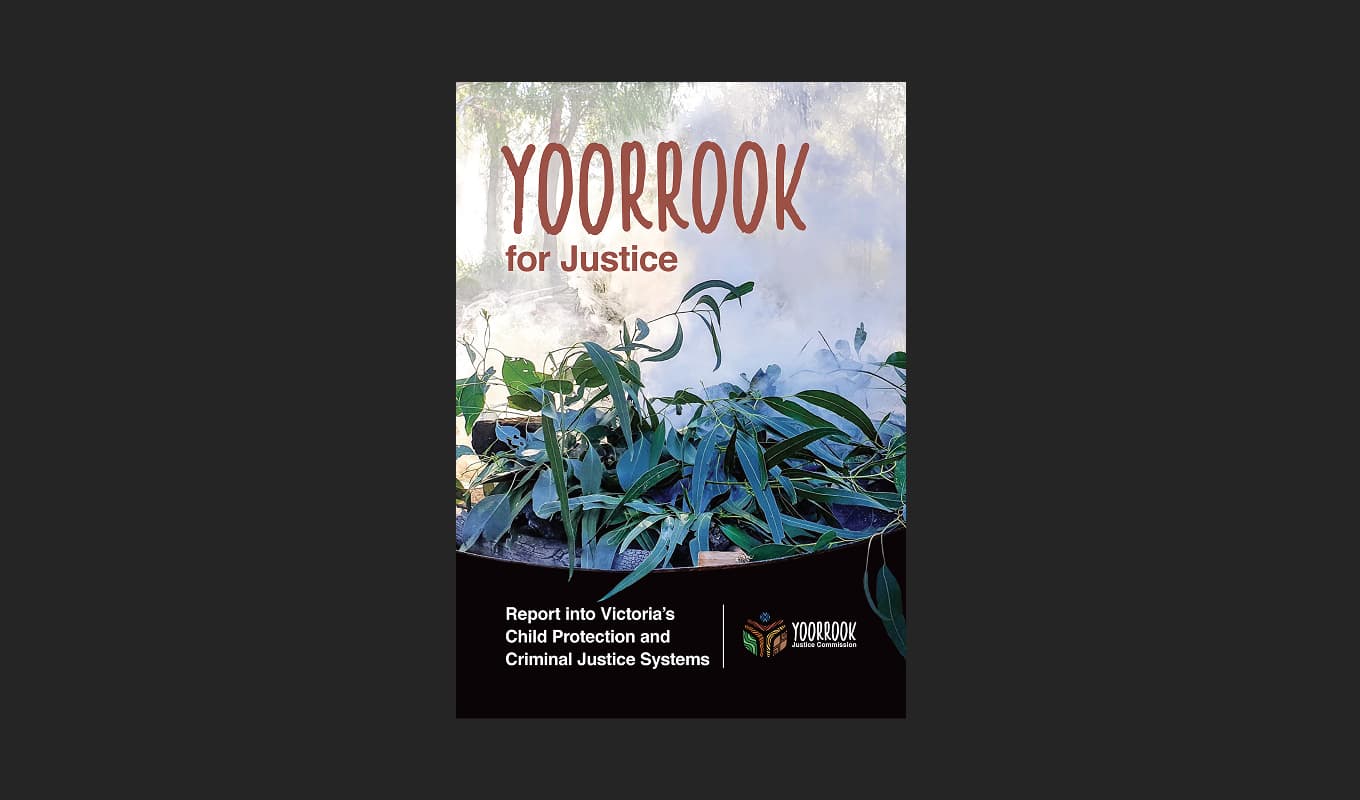Ron Hall and Dr Bev Hall
Ron and Dr. Bev Hall were involved in the Aborigines Advancement League in the 1960s and know very well the horrors that colonisation inflicted on First Peoples. They a Wonjabuluk Aboriginal girl from Ballarat orphanage and learnt later she was one of Stolen Generation, creating a lifelong friendship. They advocate for comprehensive education on First Nations history and culture, truth-telling, and promoting positive images and understanding through various media and community engagement.
Submission Transcription
We were very involved in the Aborigines Advancement League in Victoria – Bellarine/Geelong group in 1960’s. Ron Hall was secretary. We know very well the horrors that colonization inflicted on First Peoples. We looked after Tanderra a holiday hostel in Queenscliff for First Nations and made lasting friendships with Yorta Yorta and several other peoples. We fostered a Wonjabuluk Aboriginal girl from Ballarat orphanage and learnt later she was one of Stolen Generation. We remained lifelong friends. We were involved in the campaigns to improve the living conditions of the people at Rumbulara at the time where ten families lived in corrugated sheds sharing one tap it was disgusting forcing people to live in these conditions. The attempted forced removal of First Nations from Cummergunja. The massacre of First Nations at Mt Eccles where Bev grew up and learnt about other massacres in Gippsland and Western Victoria where our personal early forebears settled. Bev’s grandfather taught her that if land owners said Aboriginal people always went on walkabout it meant that these land owners were ill treating the people. He found Aboriginal people good workers on his property. This knowledge and experiences influenced us to devote our lives to fighting racism and working to support First Nations languages and cultures.
In the 1950’s and 1960’s, when we grew up there was no acknowledgement of Aboriginal languages or culture only learning about the supposed “inferiority” of Aboriginal People. There was never any consideration of First Nations achievement. Campaigning later in the 1967 campaign in Geelong gave us hope of more possible enlightenment, but in 60 years we feel attitudes need a great deal more improvement in developing respect and understanding of the World’s Oldest Continuous Culture. We all need this if there is any hope for humanity and education is the most effective way to go.
Encouraging and teaching First Nations languages and cultures and incorporating Indigenous history across all subjects. In BC Canada students are encouraged to find out who were the original peoples and to learn about their language/s and cultures in the areas where the schools are. If any descendants are still in the area students are encouraged to meet with them and learn about them from the Elders. This also applies to non-Indigenous.
Learning and acknowledging the shameful history of the colonizers both in the education system and in healing groups/yarning circles to rectify attitudes. Truth telling is extremely important if all peoples are to gain any healing. Then and only then can a country move forward with respect and understanding of its original peoples.
Learning and acknowledging the shameful history of the colonizers both in the education system and in healing groups/yarning circles to rectify attitudes. Truth telling is extremely important if all peoples are to gain any healing. Then and only then can a country move forward with respect and understanding of its original peoples.
Truth-teller consent
Contact us about this submission
Contact us if you’d like to discuss this submission.
Similar submissions
Explore submissions from other witnesses that discuss similar topics.
Mary Hassall
This submission is from Mary Hassall, a descendant of James Hassall, after whom the Hassall creek on Gunditj Country is named. It discusses her resear... more
Viki Sinclair (Fowler)
Viki Sinclair is a direct descendant of one of the original settlers of Gippsland, Colin McLaren. In this submission, she tells her personal story of... more
The Thomson Family Descendants
Some of the Thomson family descendants make this submission in hope that, it assists to establish the truth of impact on First Nations by early settle... more
Gayle Carr
Gayle Carr makes this submission on behalf of herself, Kathryn Williamson and the late Diana Halmarick. It outlines the range of historic reference ma... more
Reports and Recommendations
Read the official reports and recommendations of the Yoorrook Justice Commission.

Yoorrook for Transformation
Third Interim Report: A five-volume comprehensive reform report presenting evidence and findings on systemic injustices, and specific recommendations for meaningful change to transform the future.

Truth Be Told
An official public record that documents First Peoples experiences since colonisation, preserves crucial testimonies for future generations and creates an enduring resource for education and understanding.

Recommendations for change
Yoorrook Justice Commission’s recommendations for truth-telling, justice, and systemic reform in Victoria.
